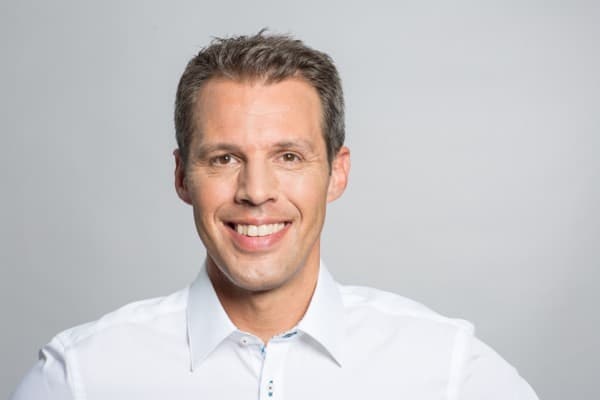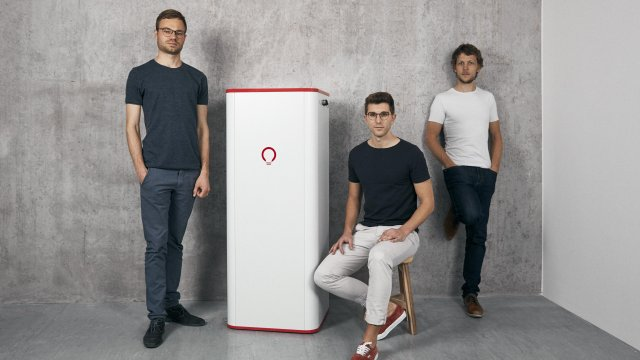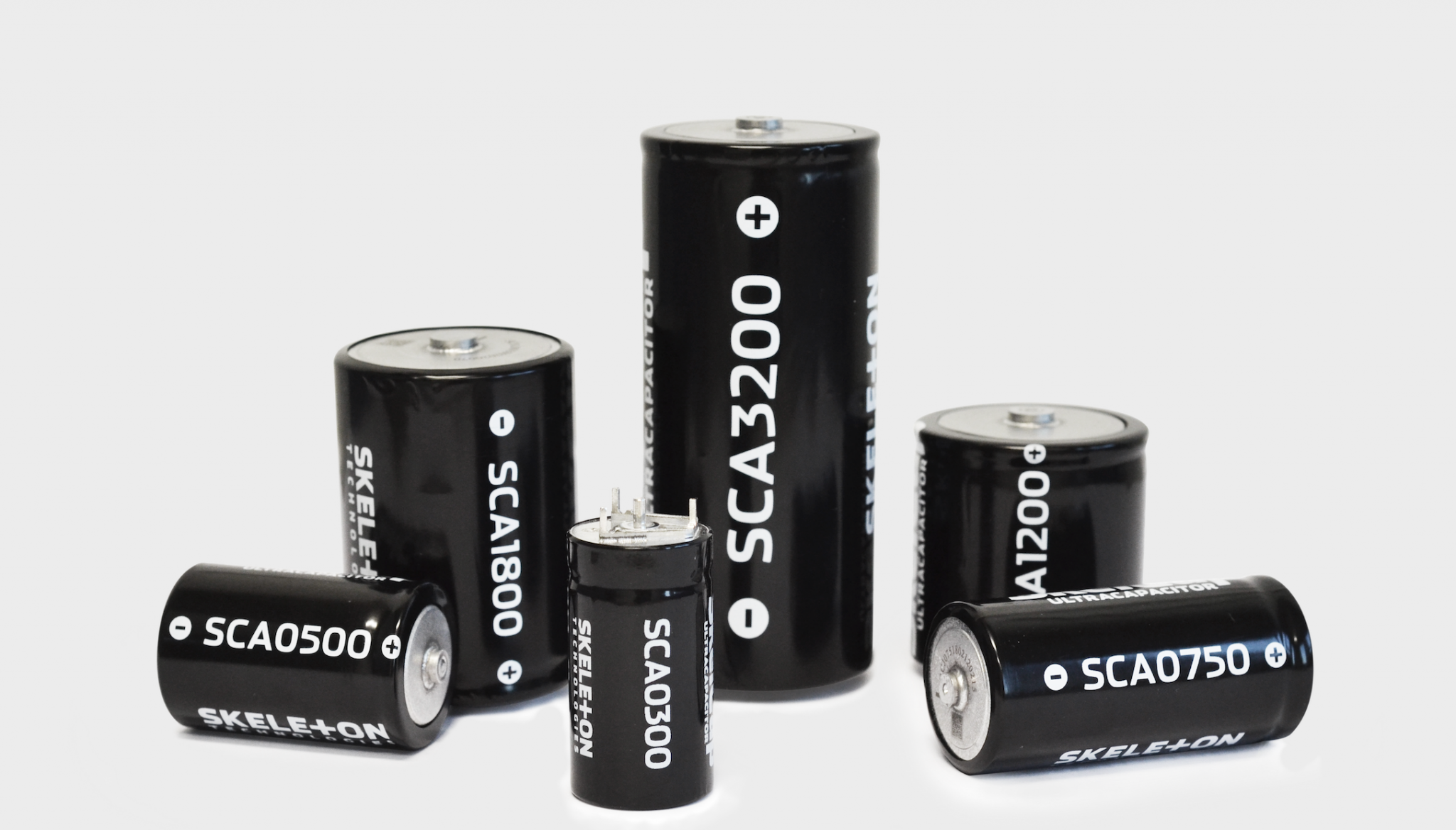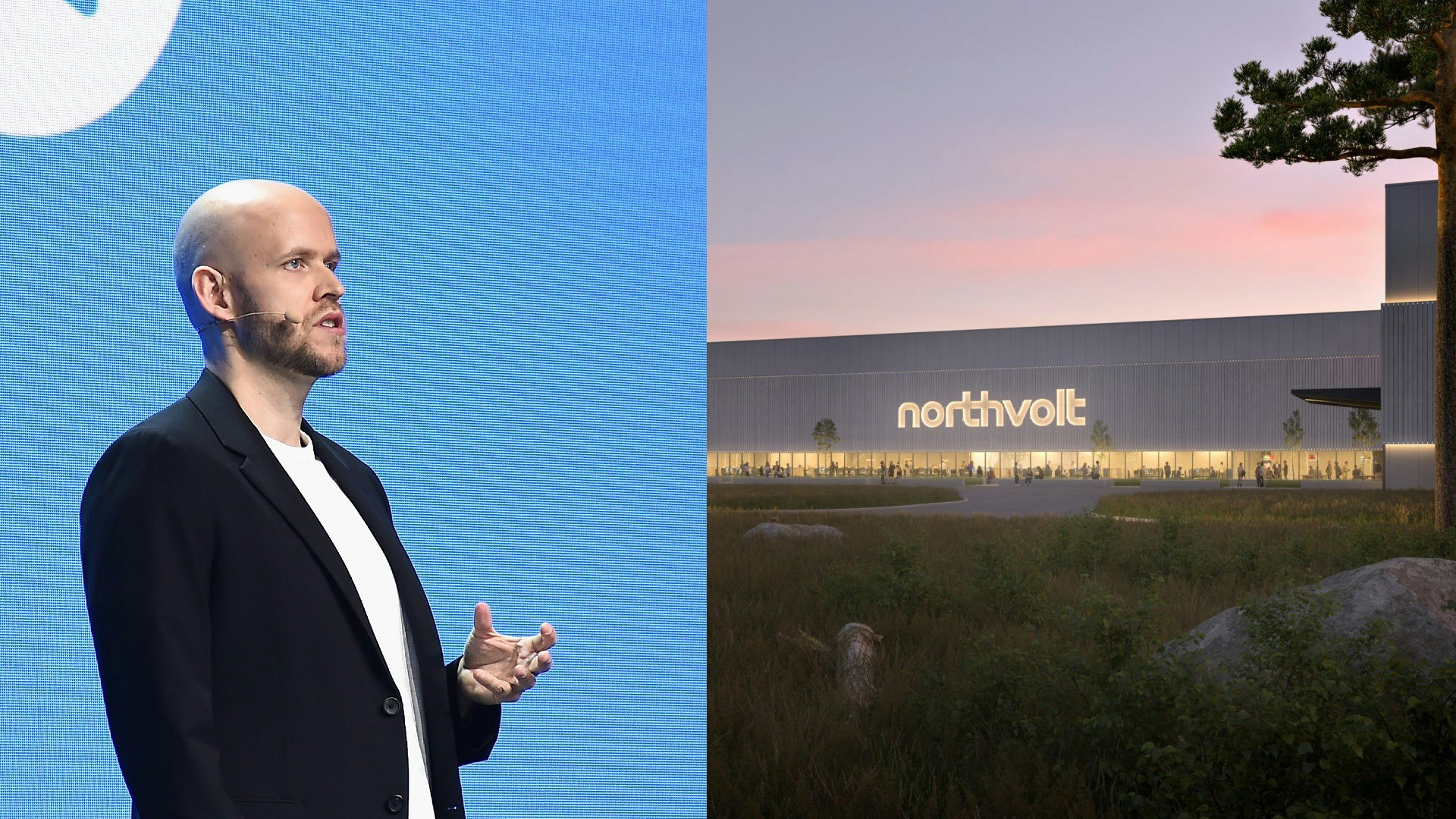Imagine driving around the city with a box on the back of your truck — the inside of which is hot enough to melt steel or power an industrial furnace.
It is heated up to a temperature of 1300 degrees Celsius using the waste heat — usually just lost into the atmosphere — from an industrial plant and then driven across town to an apartment block where it plugs in to provide heating.
Part of the energy transition will be about becoming very efficient with our use of heat, not just throwing it away as we do now.
This is the clean energy vision being developed by Kraftblock, a German startup which is using nanotechnology to develop a highly efficient thermal storage system. The company has just taken a €3m investment from Dutch clean energy company Koolen Industries which will help it commercialise the system.
It is, essentially, a highly efficient storage heater. But the fact that it can be heated so hot, and can be transported from place to place in a box the size of half a cargo container, means that thermal storage could, for the first time, become one of the missing pieces of the energy transition.
Large scale energy storage is essential for the transition. A move to renewable energy sources simply won’t work if energy can’t be stored — not just electricity generated from renewable sources like solar and wind power, but also heat energy, which at the moment often ends up being wasted.
There are several projects to develop thermal storage using molten salt or concrete. However, molten salt can only be heated to a temperature of around 560 degrees Celsius. Concrete blocks can be heated to about 550 and are bulky and difficult to transport.
I wondered why people thought 600 degrees Celsius was a high temperature. In the porcelain industry that is a warm-up temperature.
Martin Schichtel, founder of Kraftblock, says he came up with the company while working in the porcelain industry, where pottery is regularly fired at temperatures above 1300 degrees Celsius.
“I remember reading about these thermal storage systems and thinking they sounded interesting, but I wondered why people thought 600 degrees Celsius was a high temperature. In the porcelain industry that is a warm-up temperature,” he told Sifted.

Schichtel began thinking of ways to create a material that could hold much higher temperatures, and eventually hit upon a patented nanotechnology granule, containing, among other things, steel slag, a byproduct of steelmaking. Some 85% of the material used in the system is recycled.
Kraftblock is running a number of pilot projects with a number of industrial customers who are interested in saving energy costs by reusing some of their waste heat. The heat from a ceramics kiln, for example, could be stored and reused to provide at least part of the heat for the next round of firing. Steel companies and glass manufacturers are among the companies testing the system, and there are plans to trial it for heating groups of homes.
“Part of the energy transition will be about becoming very efficient with our use of heat, not just throwing it away as we do now,” says Kees Koolen, founder and CEO of Koolen Industries. “It will not be acceptable for our industries to keep using as much fossil fuel as they do now, so they will be looking for ways to recycle energy.”
Koolen, a former CEO of Booking.com now turned investor, points out that cleaning up the carbon footprint of industries is one of the biggest ways of making a positive impact on the environment. Industry accounts for 24.2% of global greenhouse gas emissions, according to Climate Watch, more than the transport sector or agriculture.
Investing in breakthrough energy solutions has become a key focus for Koolen.
“The energy transition is in the same phase that the internet was in in the 1990s. We all know it is going to happen and what needs to be done,” he told Sifted.
Kraftblock also has backing from Frank Thelen, the German investor who is famous for his appearances on the German version of Shark Tank. Thelen, who has also backed Lilium and Hardt Hyperloop, says he is interested in European startups with the potential of becoming $50bn+ companies.
“Energy storage is one of the remaining puzzle pieces in the transition to clean energy and Kraftblock has potential to provide the large scale power storage that we need,” Thelen told Sifted.



